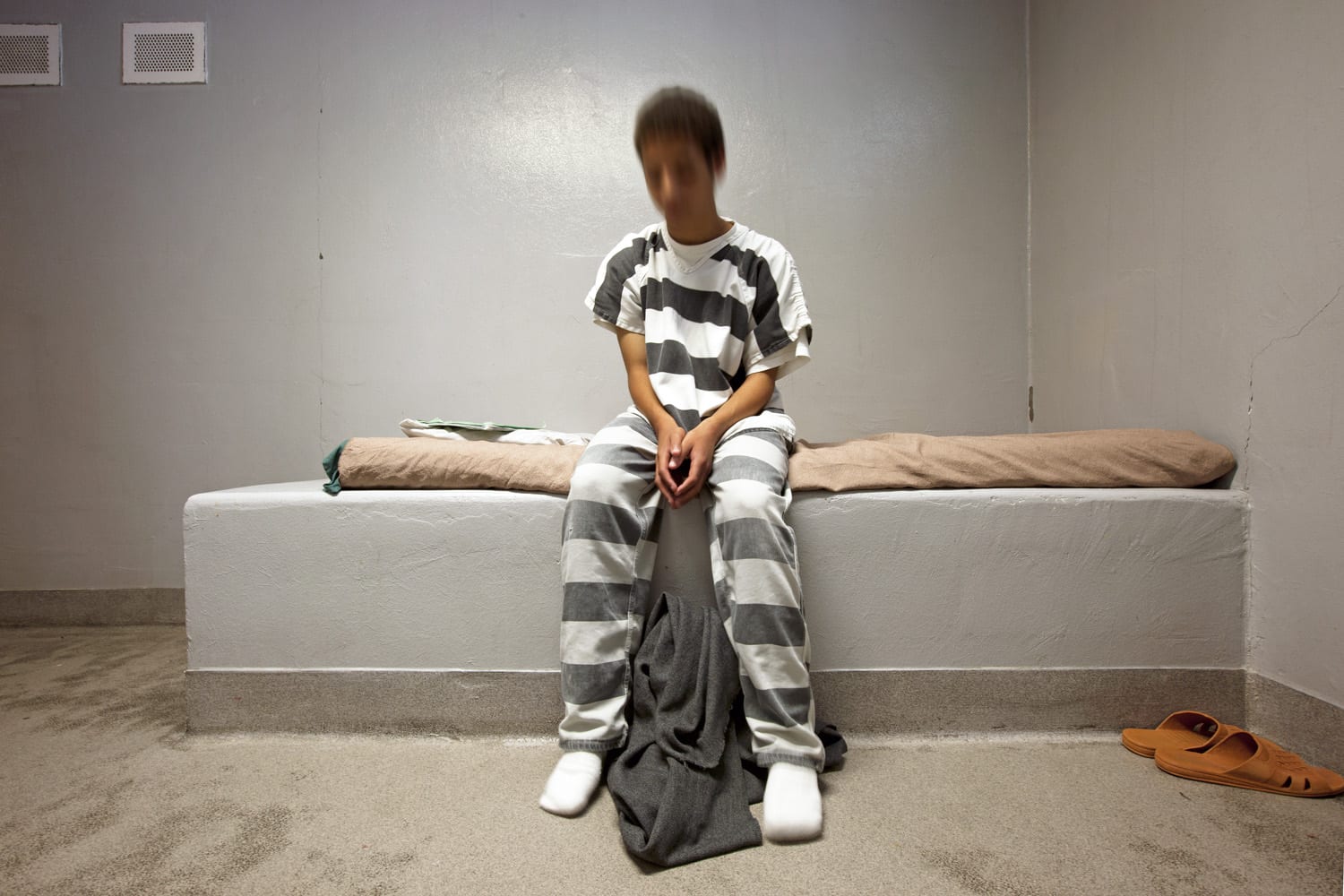For Immediate Release
10/21/2019
Contact: David Card
202.408.9514 x122
[email protected]
Washington, DC – An Orlando police officer arrested an 6-year-old girl with sleep apnea after she got tired and angry with staff at school. A sobbing 9-year-old boy with autism was taken away from an Indiana school in handcuffs and charged with battery after getting into a fight on the playground. In Denton, Texas, a 10-year-old boy with autism was handcuffed and held to the floor by the neck.
Children with disabilities often land in the correctional system after they are failed by other systems, the National Disability Rights Network (NDRN) asserted in a report released today.
“Children and youth with disabilities are too often locked up for behaviors that are a result of their disability,” said Curt Decker, NDRN’s executive director. “The practice of mis-incarceration does not make us safer as a society, it does not benefit youth or their families, and it is incredibly expensive. Instead, we should be providing children with disabilities with the supports and services they need to be successful in school and their communities.”
The findings in “Probation Referral: Model for Diversion of Children and Youth with Disabilities from the Juvenile Justice System” are based upon the cases of scores of children with disabilities represented by the nationwide Protection and Advocacy (P&A) System. P&As provide legal and other advocacy services to children and youth with disabilities in the juvenile justice system, and also maintain a presence in the facilities in which they are found, including prisons, jails, and detention centers. P&As have the legal authority to monitor and investigate allegations of abuse in these facilities.
According to Federal Bureau of Investigation statistics, more than 30,000 children with and without disabilities have been arrested since 2013. However, children with disabilities face harsher punishments and are more likely to enter the juvenile justice population than their non-disabled peers. The report describes the problems children and youth with disabilities encounter when they come in contact with the juvenile justice system.
During the project, one P&A attended nearly 175 meetings with schools and 100 percent of its direct representation cases resulted in an offer of improved services from school districts. Another P&A opened 139 cases for youth with disabilities and successfully diverted 130 youth from commitment to the juvenile justice system.
Based on these experiences, the report outlines solutions used with success by the P&As and provides specific recommendations for systemic improvements.
Some of those recommendations include:
- Lawmakers should review current federal funding programs to ensure they properly incentivize diversion programs and do not place unnecessary barriers on the diversion of children with disabilities from the juvenile justice system.
- Federal agencies should vigorously enforce the legal protections provided for by the IDEA, other federal statutes and the U.S. Constitution, including protections against illegal removal of students with disabilities from school, failure to provide access to Medicaid funded mental health services, and others.
- Congress should fund P&A agencies to advocate for children with disabilities who have been referred to the juvenile justice system.
Find out more and download a copy of the report here.
# # #
The National Disability Rights Network (NDRN) is the nonprofit membership organization for the federally mandated Protection and Advocacy (P&A) Systems and the Client Assistance Programs (CAP) for individuals with disabilities. Collectively, the Network is the largest provider of legally based advocacy services to people with disabilities in the United States.

